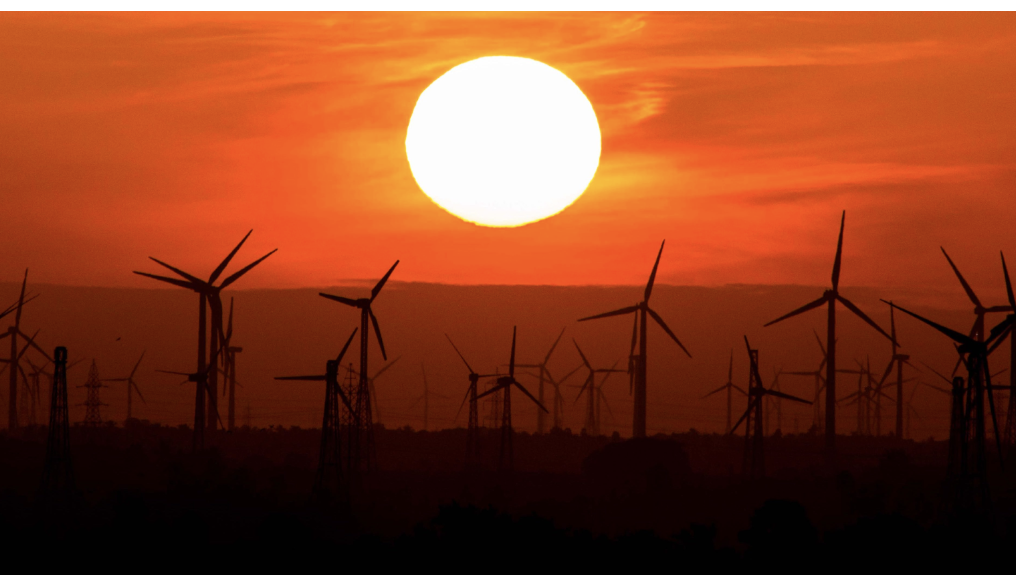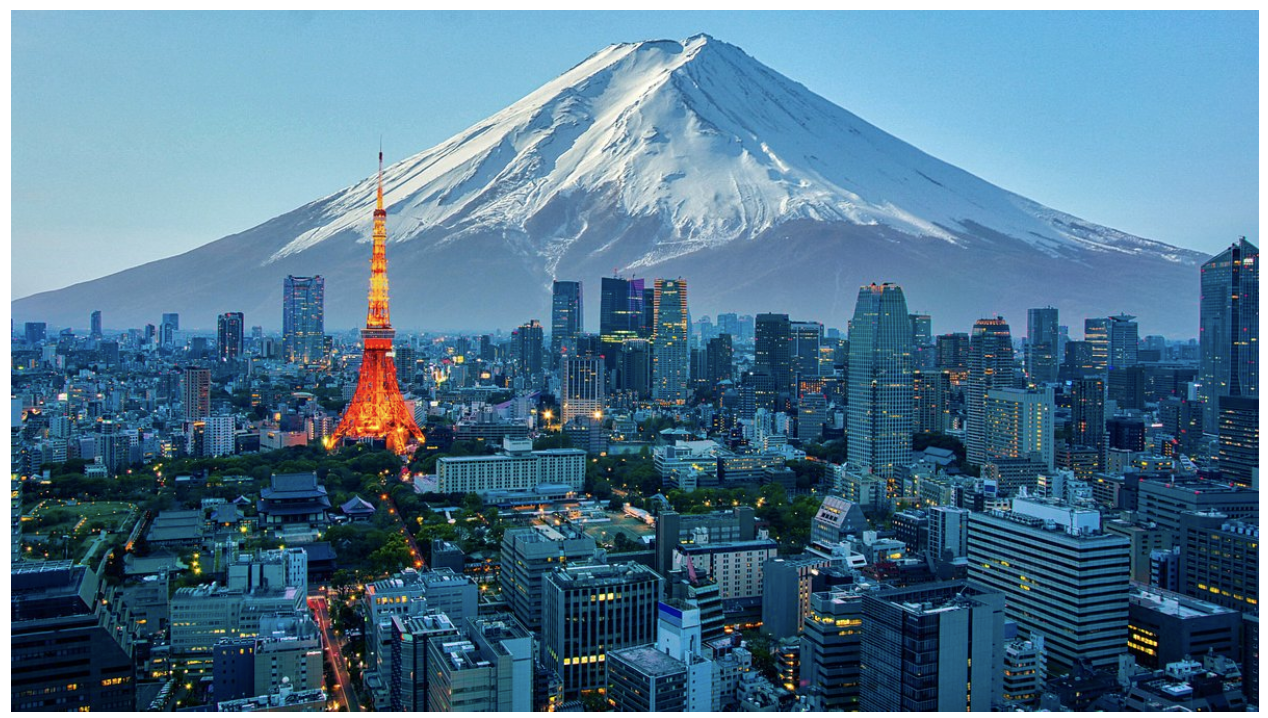The idiocy of designing limitless economic growth when the planet is running out of resources
This article explains the crucial issue of managing finite and renewable resources on Earth, offering insights on the necessity of sustainable consumption and the collective responsibility of consumers in shaping a more sustainable future.
在庫切れ
日本国内発送のみ
ショッププロフィール
tells-market®︎

33品
送料(1品ごと): 日本: ¥5このショップでは¥5,000以上のお買い物の際に国内配送料が無料になります。
¥3(税込)
ポイント還元
0 SeC
あとで買う
Transparency Points
透明性項目
tells-market®︎

品物一覧を見る
特定商取引法に基づく表記
Story
品物のストーリー
This article explains the crucial issue of managing finite and renewable resources on Earth, offering insights on the necessity of sustainable consumption and the collective responsibility of consumers in shaping a more sustainable future.
Learn Stories of Makers
Picture our planet as a treasure chest, brimming with valuable resources: metals, water, fuel, and land.
Now imagine not having any of these available anymore ...
These treasures sustain our modern way of life, but herein lies the riddle. Resources are not infinite; some are finite, destined to run dry like a desert oasis. Others are renewable, rejuvenating with time.
As we stand at the precipice of environmental challenges and dwindling resources, it's high time to address the idiocy of designing limitless economic growth. Let's take a closer look at Japan, a country that has experienced its own unique challenges and transformations on this front.
The Paradox of Japan's Economic Success
Japan, a nation known for its remarkable economic ascent in the 20th century, serves as an intriguing case study. The country was one of the fastest-growing economies in the post-war era, driven by an industrious work ethic, innovation, and exports. But this rapid economic growth came at a price, both for Japan and the planet.
Resource Scarcity and Environmental Consequences
Japan's push for limitless economic growth led to a heavy reliance on resource-intensive industries. The automotive sector, in particular, played a pivotal role in the country's economic development. However, the extraction of raw materials for vehicle production and the extensive use of fossil fuels have taken a toll on the environment. This has been a contributing factor to global environmental challenges, including climate change and resource depletion.
Population and Space Limitations
Japan's densely populated cities, like Tokyo, illustrate another facet of the problem. The pursuit of economic growth has led to urban sprawl, deforestation, and the loss of natural habitats. Limited available space has driven the construction of high-rises and the relentless expansion of urban areas, further exacerbating resource constraints.
A Shifting Paradigm

In recent years, Japan has begun to acknowledge the need for a shift in its economic model. Government initiatives and a growing public awareness of environmental issues have fueled this transformation. The "Society 5.0" vision and the focus on a "circular economy" are key components of Japan's strategy to combine economic growth with sustainability.
Bounded by water, Japan's island geography has driven it to seek creative solutions for resource sustainability. Water, the elixir of life, is a case in point. Japan has perfected the art of reusing and purifying wastewater, converting it into a safe and sustainable source of hydration.
Moreover, Japan's passion for innovation blooms in the field of recycling. The nation's waste-sorting prowess ensures that resources are efficiently reused, from plastics to electronics, illustrating that every item can have a second life.
In the quest for sustainable living, Japan gazes skyward. The Land of the Rising Sun is pioneering renewable energy solutions. It's embracing the power of the wind, harnessing solar rays, and boldly declaring its commitment to a future powered by clean, renewable resources.
Japan's solar power industry is a blossoming marvel. Solar panels gleam like cherry blossoms in spring, blanketing rooftops and vast fields alike. In the wake of Fukushima's nuclear disaster, Japan vowed to reduce its nuclear dependency and amplify its investment in renewable resources, displaying a determination to safeguard the Earth's resources.
Reimagining Growth & A Global Call to Arms
The pursuit of economic growth should no longer be blind to its environmental and social consequences. It's time to consider alternative models that prioritize sustainability, innovation, and resource efficiency. Japan's evolving approbleach serves as a valuable example of how nations can adapt and reinvent themselves in the face of resource constraints.
Japan's resource revolution is not an isolated affair. Across the globe, people are waking up to the challenge of finite and renewable resources. Communities, industries, and nations are recognizing the need to work together to conserve our planet's precious assets.
In Norway, the fjords resonate with the hum of electric cars, a tribute to the nation's renewable energy strategy. Iceland taps into its volcanic fury, producing a bounty of geothermal energy. Meanwhile, cities worldwide are gearing up to tackle finite resources with innovation, from reclaiming wasteland for urban farming to creating electric buses that redefine public transportation.
As our odyssey unfolds, we find hope in the challenge of finite and renewable resources. It's a puzzle that humans must solve together. The vision of Japan, a nation nestled in the Pacific Ocean, blazing a path of sustainability, inspires us to push the boundaries of resource conservation.
The challenge is real, but so is the determination to find answers. Our planet's future relies on the global movement to steward our resources wisely, embracing finite resources with care and nurturing renewable resources with fervor.
Let us remember our voyage into the heart of this resource riddle. Together, with nations like Japan leading the way, we can navigate the stormy seas of resource management and ensure that our earthly treasure chest remains full for generations to come.
